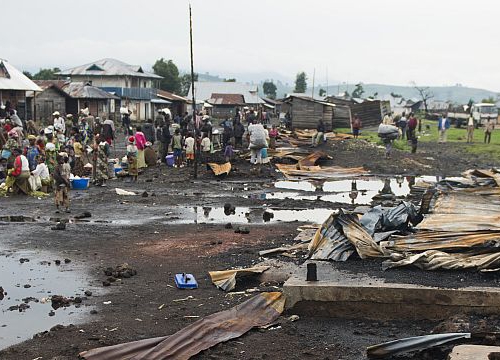Fragmented Wars: Multi-Territorial Military Operations against Armed Groups
Event


ICRC
On the occasion of the opening of the Spring Semester Noam Lubell, Swiss Chair of International Humanitarian Law at the Geneva Academy, will examine the legal complexities arising from military actions against armed groups that are located in multiple states.
His lecture will notably address the issues of invoking self-defence in multiple territories; the notion of ‘unwilling or unable’; the concept of associated forces; classification of armed conflict; geographical scope of the law of armed conflict; and the relevance of extraterritorial human rights obligations.
On this occasion, the Geneva Academy will distribute copies of its new In-Brief Human Rights Obligations of Armed Non-State Actors: An Exploration of the Practice of the UN Human Rights Council.
Snacks and refreshments will be served after the inaugural lecture.
Noam Lubell
Noam Lubell is the Swiss Chair of International Humanitarian Law at the Geneva Academy. He is Professor of Public International Law and Head of the School of Law at the University of Essex. He has taught, researched and published on a variety of topics related to international human rights law and the law of armed conflict, and is recognized as a leading expert in these fields.









